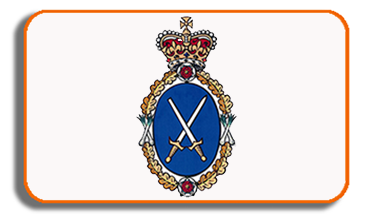If you’re looking for a new career path, there are arguably more options open to you now than ever before. Out of all of these, one great choice for those who are interested in science and medicine is becoming a pharmacist. Here’s everything you need to know to get started on this career path.
What Does A Pharmacist Do?
A pharmacist is an expert in medication. They dispense prescriptions, advise people on how to deal with minor illnesses and other medical complaints, teach people how to take medication safely, and also educate the public on living more healthily. Some pharmacists also run clinics to help people lose weight or stop smoking, and offer specialist health checks for conditions such as diabetes.
As a pharmacist you’ll be a key member of a healthcare team, working in facilities such as hospitals, community pharmacies, health centres, hospices and GP surgeries. There are also opportunities for pharmacist locums, who can choose to work specific shifts that need covering in a variety of different locations.
You could even be employed by the pharmaceutical industry as a scientist or researcher running clinical trials, work in academia as a teacher, or manufacture medicines.
How Do I Become A Pharmacist?
In order to get qualified as a pharmacist in the UK, you’ll first need to complete a Master’s degree in Pharmacy (MPharm) that’s accredited by the General Pharmaceutical Council. This usually takes four years. After graduating you’ll need to complete a paid foundation training year in a clinical setting, during which time you’ll be under supervision as a trainee pharmacist. Some universities offer a five-year course that includes this foundation training period.
Following this you will need to pass an assessment that tests your knowledge and skills, and then you can apply for registration with the General Pharmaceutical Council. You must be registered in order to practice as a pharmacist in England, Wales or Scotland.
What Kind Of Skills Does A Pharmacist Need?
In addition to the subject-specific knowledge and clinical skills that you’ll learn during your degree course and training year, there are certain transferable skills and personality traits that will serve you well as a pharmacist. These include:
-
Communication skills – you’ll be working with patients from all different backgrounds, and need the ability to explain complex information regarding medication and healthcare to them
-
Attention to detail – you’ll be handling medication, and accuracy regarding issues such as dosages and interactions is critical because mistakes could prove fatal
-
A professional and compassionate attitude – you’ll be helping people with sometimes sensitive medical issues, and want them to feel they can trust and confide in you
-
IT skills – you’ll need to use computers on a daily basis recording information and similar tasks
-
Teamwork – you’ll be working in collaboration with other healthcare professionals
-
An ability to work under pressure – you’ll often be employed in busy environments and see lots of patients every day
-
Leadership – you’ll need this if you wish to progress to a managerial or supervisory role
-
A willingness to learn – you’ll be required to complete continued professional development on a regular basis, and stay up to date with all the developments in the industry
-
A genuine passion for healthcare and helping others!


































